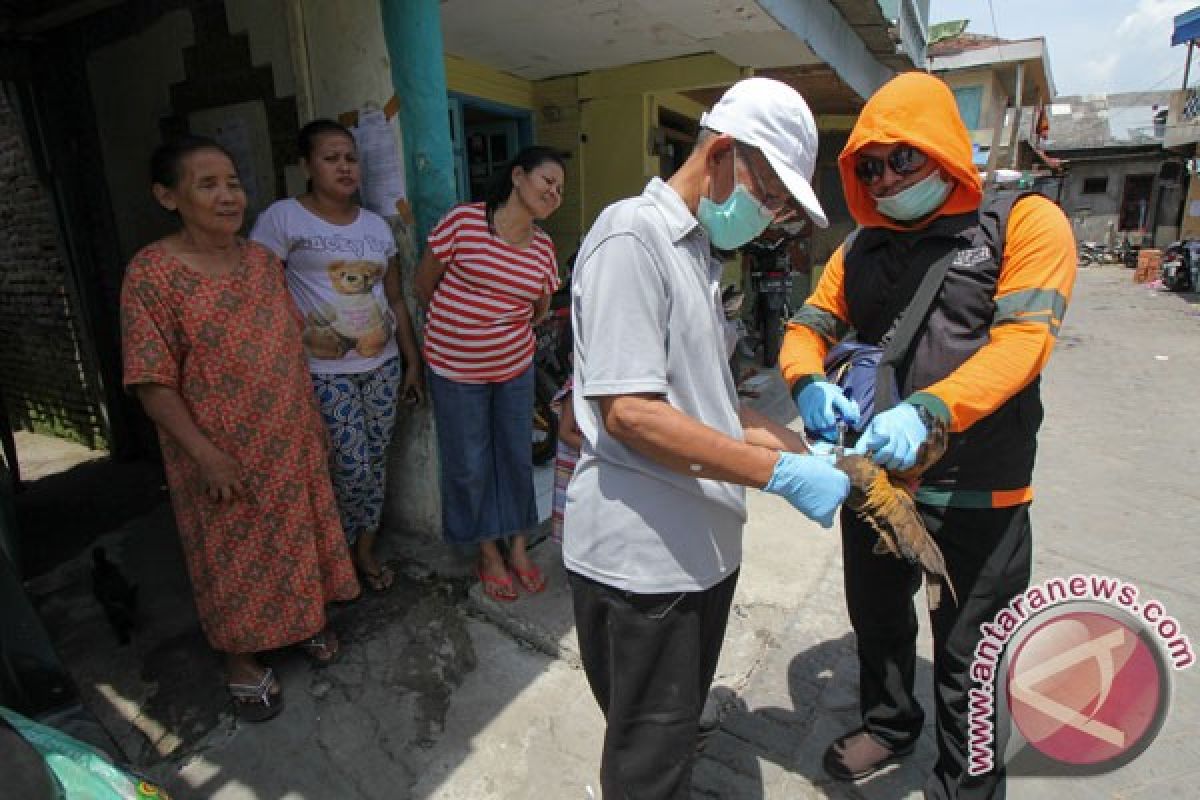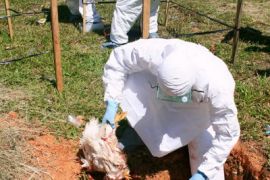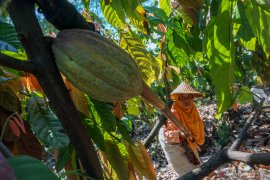A new bird flu, H9N2, which has the characteristics of "low pathogenic avian influenza" (LPAI) has been found in Indonesia since early 2017.
The virus is not a danger to humans, but it would cause a decline in poultry productivity, an official news release said here on Thursday.
The virus could reduce egg layer productivity to 70 percent, the news release said.
In a bid to cope with the problem the Agriculture Ministry , the FAO ECTAD Indonesia and a number of other institutions have taken steps that farmers produce healthy poultry for the public consumption.
Among the steps already taken is by taking part in the annual forum of Indolivestock which took place in the Jakarta Convention Center (JCC) from July 4 to 6 in 2018.
"We re facing challenge of a decline in egg production as a result of H9N2. In addition we are in difficulty in producing vaccine. Previously there was the H5N1 type of bird flu (which is highly pathogenic), for which vaccine production is easier. Now there is the type of H9N2 virus for which it is difficult to produce the right vaccine," Director of Animal Health of the Agriculture Ministry Fadjar Sumping, said in a National Poultry Seminar at the JCC on Thursday.
Fajar said he had also received reports about the death of broilers resulting in many speculations about the causes of the deaths.
There were suspicions of infection by a certain animal disease or infection from a combination of a number of diseases, and problem over food management, vaccination , etc.
Fajar , therefore, advised farmers to improve management of chicken coops to prevent infection by virus on poultry.
"Our other attention is related to the use of antibiotics growth promoter (AGP) in poultry farms. This has been banned all over the world. We have tried to tell farmers that AGP would turn out only short term benefit, but would hurt very badly in long term," he said.
Meanwhile, chairman of the Team of FAO ECTAD Indonesia James McGrane said the use of antibiotic was harmful as it would cause resistance to anti microbe.
McGrane said the use of antibiotics is difficult to be controlled not only in the sector of human health but also in agriculture sector .
"If we do not do anything, deaths caused by infections that could not be healed as a result of resistant bacteria, could reach 10 million in 2050," he said.
Therefore, through the EPT2 program, which is financed by USAID, FAO ECTAD called on the Indonesian government to increase its capacity in facing and preventing the pandemic threat including anti-microbe resistance, he said.
"I am pleased today that together with the Agriculture Ministry and livestock farmers we discuss problem we are facing and to be faced in the future to find a solution," he said.
Reporter: Mohammad Anthoni
Editor: Otniel Tamindael
Copyright © ANTARA 2018





